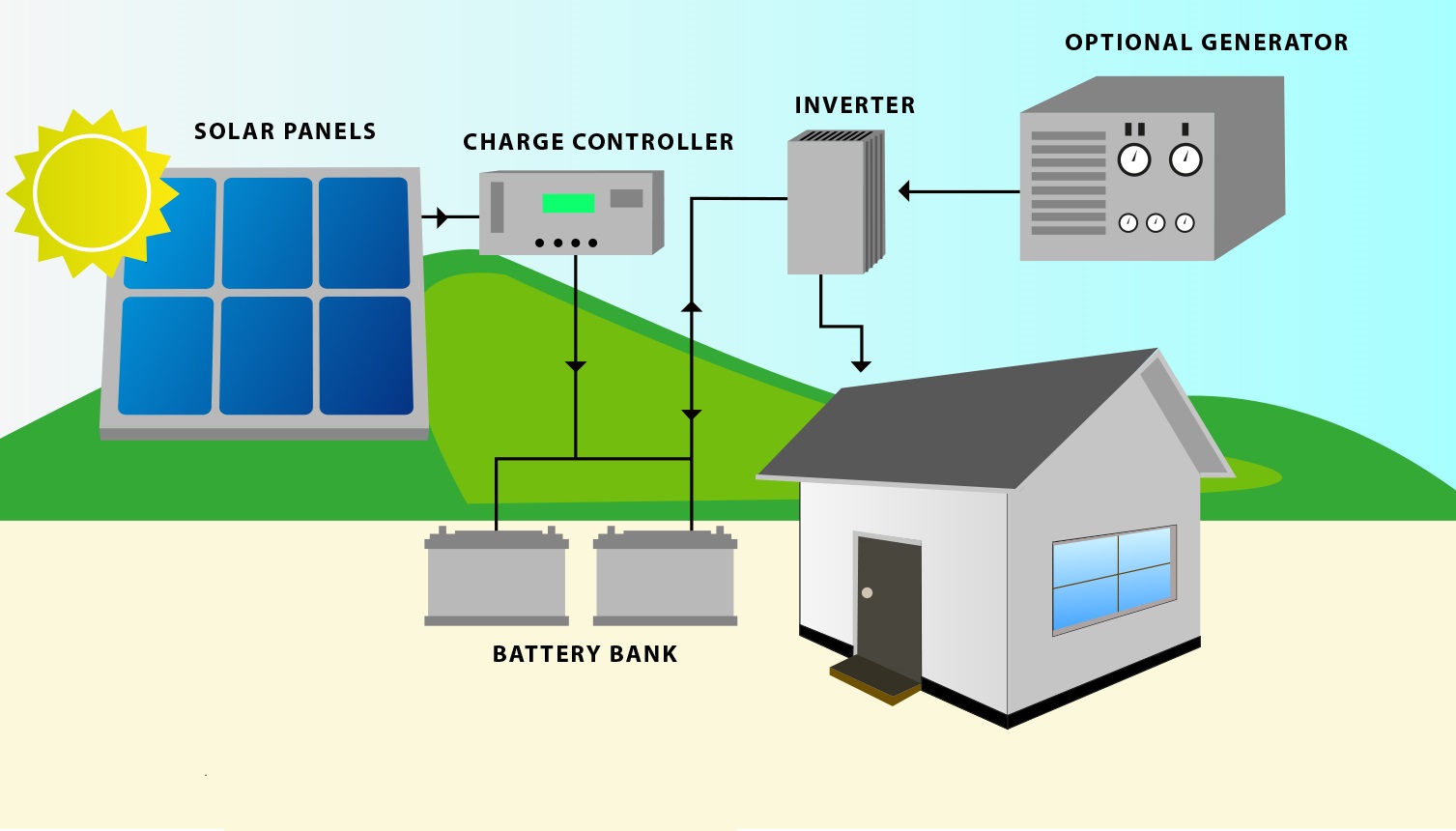Off Grid Living Best States: Escape the grid and embrace a life of self-sufficiency! Imagine waking to breathtaking sunrises, breathing crisp mountain air, and living in harmony with nature. This isn’t a fantasy; it’s a reality waiting to be explored. This guide unveils the top states for off-grid living, considering everything from lenient regulations and abundant natural resources to thriving communities and access to essential services.
Prepare to discover your perfect off-grid haven.
We’ll delve into the crucial aspects of choosing the right location, analyzing state-specific regulations, climate suitability, financial implications, community aspects, and the availability of essential services. Learn how to navigate the permitting processes, understand the costs involved, and connect with like-minded individuals who share your passion for self-reliance. Get ready to embark on an adventure that will redefine your relationship with nature and yourself.
State-Level Regulations and Policies Affecting Off-Grid Living: Off Grid Living Best States
Embarking on the off-grid journey requires careful consideration of state-level regulations, as policies governing land ownership, water rights, building permits, and taxation vary significantly across the United States. Navigating these complexities is crucial for a successful and legally sound transition to self-sufficient living. This section provides an overview of these critical aspects, focusing on key differences between several states.
Lenient States for Off-Grid Living
Several states boast more relaxed regulations compared to others, making them attractive destinations for off-grid enthusiasts. Factors influencing this leniency often include vast tracts of undeveloped land, established homesteading traditions, and a general acceptance of alternative lifestyles. While no state offers completely unregulated off-grid living, some are demonstrably more accommodating. States like Alaska, New Mexico, and parts of Texas often stand out for their comparatively less stringent requirements.
However, it’s crucial to conduct thorough research at the county level, as local ordinances can significantly impact your plans.
Permitting Processes for Off-Grid Dwellings
The permitting processes for off-grid dwellings differ significantly across states. Let’s compare five states: Alaska, New Mexico, Texas, Montana, and Idaho. Alaska, with its vast undeveloped lands, may have less stringent building code requirements in certain rural areas, but the permitting process can still be lengthy due to remoteness. New Mexico, known for its unique cultural landscape, might require adherence to specific architectural styles or building materials in certain regions.
Texas offers varying levels of regulation depending on the county, with some areas being more lenient than others. Montana, with its emphasis on preserving natural landscapes, may have stricter environmental regulations impacting construction. Idaho, similar to Montana, emphasizes environmental protection, which might affect the types of building materials allowed and waste disposal practices. Detailed research at the county level is essential in all cases.
Tax Implications of Off-Grid Living, Off grid living best states
Property taxes are a significant consideration for off-grid living. States vary widely in their assessment methods and potential exemptions. Some states might offer exemptions for homesteads or properties used for agricultural purposes, which could reduce the tax burden for those living off-grid. However, other states might levy taxes based on the assessed value of the land and improvements, regardless of the property’s usage.
Furthermore, income tax implications can arise depending on whether you generate income from activities related to your off-grid lifestyle, such as selling produce or handcrafted goods. Consulting with a tax professional familiar with state-specific regulations is strongly advised.
State Regulations on Renewable Energy Usage and Grid Connection
Renewable energy is often a cornerstone of off-grid living. State regulations vary widely regarding its usage and connection to utility grids. Some states offer generous incentives for adopting renewable energy technologies, such as tax credits or rebates. Others might have specific regulations governing the installation and maintenance of renewable energy systems, including permitting requirements. Connection to the utility grid, even partially, can affect your tax liability and access to certain services.
| State | Renewable Energy Incentives | Grid Connection Regulations | Permitting for Renewable Energy Systems |
|---|---|---|---|
| Alaska | Vary by municipality; some offer tax credits | Relatively flexible in rural areas | Generally less stringent in remote areas |
| New Mexico | State-level tax credits and renewable portfolio standards | Standard utility regulations apply | Permits required; processes vary by county |
| Texas | Limited state-level incentives; varies by utility company | Standard utility regulations apply | Permits required; processes vary widely by county |
| Montana | Some tax credits and incentives at the local level | Standard utility regulations apply | Permits required; emphasis on environmental impact |
Embarking on the journey to off-grid living is a significant step, demanding careful consideration and planning. By understanding the nuances of state regulations, environmental factors, financial considerations, and community dynamics, you can make an informed decision that aligns with your lifestyle and aspirations. Remember, the best state for off-grid living is the one that perfectly complements your unique vision of a self-sufficient and fulfilling life.
So, take the plunge, embrace the challenge, and discover the unparalleled freedom and serenity that await you in your chosen off-grid paradise.
Questions Often Asked
What are the biggest challenges of off-grid living?
Challenges include initial high setup costs, reliance on alternative energy sources, limited access to services, and potential social isolation.
How do I find land suitable for off-grid living?
Research land listings in states with lenient regulations, consider proximity to resources, and engage a real estate agent specializing in rural properties.
What about healthcare access in remote areas?
Healthcare access varies greatly. Research local facilities, consider telehealth options, and have a comprehensive emergency plan.
Is off-grid living legal everywhere?
No, regulations vary significantly by state. Some states have stricter building codes and permitting processes than others.
You also can understand valuable knowledge by exploring michigan off grid living laws.

